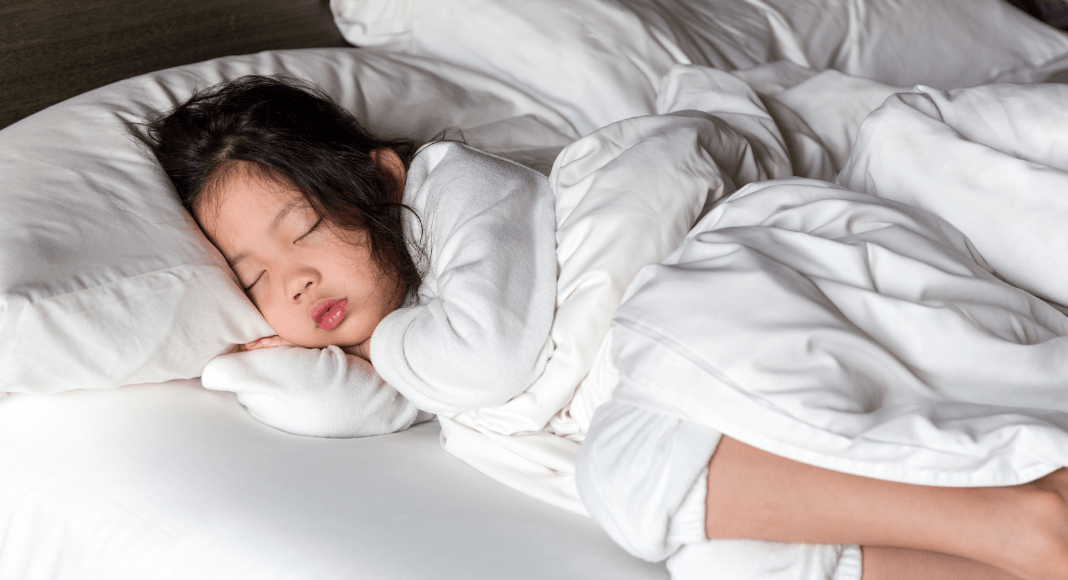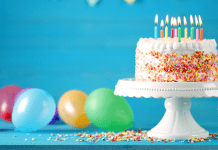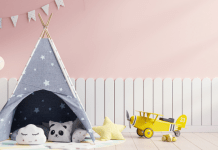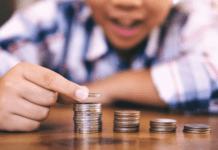 It can be exhausting when your child has trouble falling asleep at night. As parents, our to-do list these days seems unending, and after a long day, the last thing we need is our child(ren) fighting us about sleep.
It can be exhausting when your child has trouble falling asleep at night. As parents, our to-do list these days seems unending, and after a long day, the last thing we need is our child(ren) fighting us about sleep.
As adults, taking a melatonin supplement seems harmless, so why wouldn’t we use a “natural supplement” to aid in our kiddos falling asleep? The bottles look kid friendly, surely, it’s something that’s harmless. They even make gummies, now that’s a no brainer!
Unfortunately, it’s not that simple…or harmless. Melatonin is a hormone naturally synthesized by the pineal gland, and its secretion is regulated by the suprachiasmatic nucleus in the hypothalamus. Once a baby is three months old, the sleep-wake cycle establishes. Higher levels of melatonin are secreted at night and low levels are secreted during the day, setting the baby’s internal body clock.
With up to 25% of healthy children and adolescents experiencing difficulty with sleep, it’s no surprise that melatonin use has been on the rise. But at what cost?
Since over-the-counter melatonin is classified as a dietary supplement, it is not regulated by the FDA the way over-the-counter medication is. What this means for us as consumers is there isn’t a way to assure purity, and we don’t know how much melatonin is in each serving. A recent study revealed some brands had as much as 478% higher melatonin doses than listed per serving, and as low as 83% less that what the bottle stated. THIS, by far, has been the most concerning to me. Even the American Academy of Sleep Medicine warns that the amount of actual melatonin in tablets or liquid form may vary from less than what the label says up to 200% more. The greatest variation being found in the chewable tablets, which are likely the ones our kids are more likely to take. Without regulation, there’s also no way to tell what else is in these supplements. The AASM also reports some melatonin products containing serotonin, which is a hormone and neurotransmitter that actually requires a prescription.
3 Major Takeaways About Children and Sleep:
- Blue light is the biggest disruptor of your body (or your kids) naturally producing melatonin. Avoiding screens of any kind at least an hour before bed is best.
- No medicine, hormone, or herb will replace good sleep hygiene.
- You cannot replicate good restorative sleep!
*This post is for informational and knowledge sharing purposes only and not intended as medical advice. As always, we suggest doing your research as well as consult with your pediatrician on anything health-related to form your own conclusion.


















